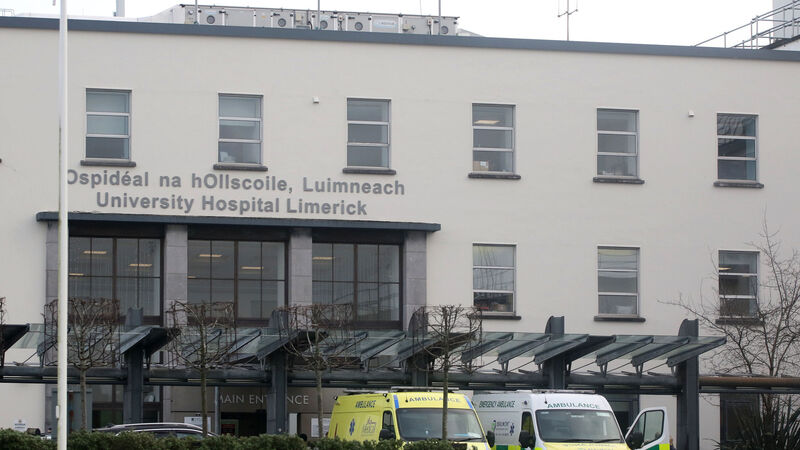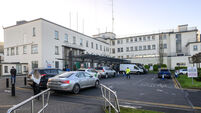Doctors fear trolley numbers could hit 1,000 within days

University Hospital Limerick does not have enough hospital beds to cater for an 'unprecedented' high number of emergency patients, says management. Picture: Brendan Gleeson
Health Minister Stephen Donnelly has conceded people will die due to emergency department overcrowding, as doctors warned there could be 1,000 patients on trolleys across the country within days.
As the crisis worsens and with calls for its members to be available around the clock, the Irish Hospital Consultants Association (IHCA) has said plans to hire an extra 51 full-time emergency department consultants have not materialised. It says only around 20 locum doctors have been recruited and it took, on average, nine months for those positions to be filled.













